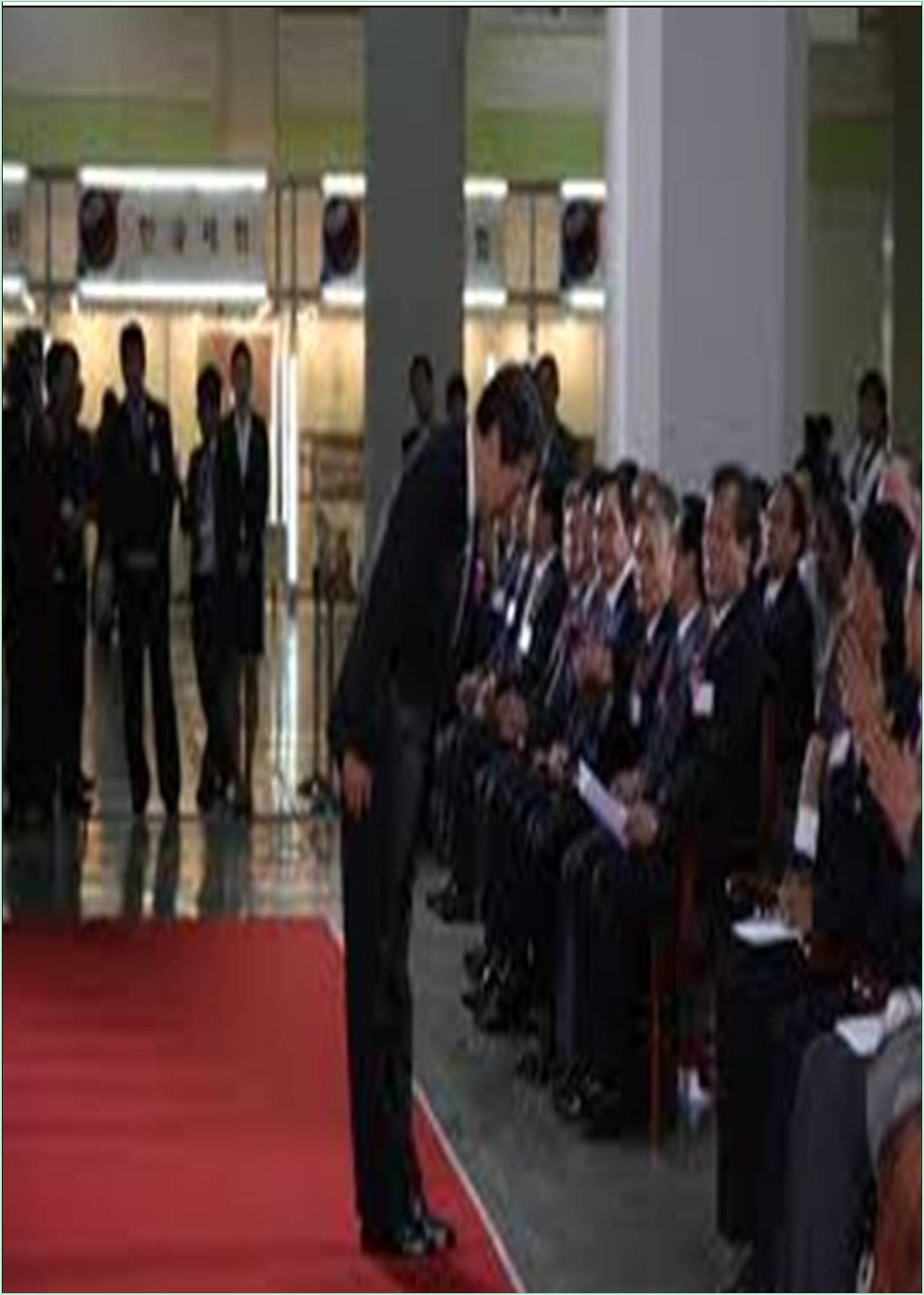



Received: 20-Jan-2022, Manuscript No. JPAPR-22-64164; Editor assigned: 24-Jan-2022, Pre QC No. JPAPR-22-64164 (PQ); Reviewed: 07-Feb-2022, QC No. JPAPR-22-64164; Revised: 14-Feb-2022, Manuscript No. JPAPR-22-64164 (R); Published: 21-Feb-2022, DOI: 10.15651/JPAPR.22.04.004
In all societies, government agencies enact laws, formulate policies, and allocate resources. It applies to all levels. Public policy can be broadly defined as a system of law, regulation, course of action, and funding priorities on a particular issue, promulgated by a government agency or its representative.
Public policy analysts specialize in problem-solving such as society, such as crime, education, medical care, and environmental issues. Political analysts help define issues that policymakers underestimate or do not clearly understand. They also identify new policy proposals and contribute to them. Public policy analysts are involved in determining the impact of newly proposed policies. To analyze public policy, analysts first collect evidence that highlights the problem. This may include conducting an investigation, obtaining expert opinion, and investigating specific cases related to the problem.
Public policy analysts often use a rational policy analysis approach to evaluate policies. Specifically, public policy has several key attributes:
The policy is made in response to some sort of issue or problem that requires attention. The policy is what the government chooses to do (actual) or not do (implied) about a particular issue or problem.
The policy might take the form of law, or regulation, or the set of all the laws and regulations that govern a particular issue or problem. The policy is made on behalf of the "public".
The policy is oriented toward a goal or desired state, such as the solution of a problem. The policy is ultimately made by governments, even if the ideas come from outside government or through the interaction of government and the public.
Policy development is part of the ongoing process and always a clear start, as decisions about who will benefit from the policy and who will bear the resulting burden are constantly being reassessed, reviewed, and revised. Or there is no guarantee that there will be an end.
The "old governance" stereotyped plans and regulations are those of bureaucratic nations trying to impose that plan on society. In fact, formal strategic planning played an important role in government activities in the second half of the 20th century. However, there is widespread recognition that strategic planning is an integral part of government. Planning helps define the goals and visions of the state and its institutions and facilitates the concentration of resources in the areas where they are expected. most likely to improve an organization`s efficiency to its dominant goals. Of course, plans are not set in stone. Rather, they are based on assumptions that may turn out to be inaccurate and visions that may change, and the plan needs to be changed.
Political analysts, especially those who view themselves as part of a unique and cutting-edge expert cadre, often take a technocratic approach to their work. They consider themselves neutral professionals and can serve any politician. They accept that their role as advisors is to advise, not to choose. And they understand that it is the nature of the advice that you do not always have to pay attention to. Accepting all of this, this more professional and technocratic political adviser will inevitably feel some regret if good advice is rejected for bad ("purely political") reasons. Politics is sometimes simply overtaken by events. As technology advances, the set of policies that regulate outdated technology is becoming obsolete. Military strategies designed to contain enemies become redundant or even worse as the enemy changes.
Public policy can be studied as producing three types of policies (distribution, regulation, and redistribution) related to the decision-making process. They are:
Distribution Policy: A policy that collects resources on a large scale through general taxation paid by many in society, but directly benefits a relatively small or much smaller target group from public sector goods or services.
Regulation Policy: In the field of public policy, regulation refers to the promulgation of applicable rules and usually involves a reliable mechanism for monitoring and enforcing compliance.
Redistribution Policy: A policy in that collective resource is redistributed. The purpose of redistribution of property is to promote equality. The policy is that the costs are borne by a relatively small number of groups or individuals, but profits are expected from other groups in society.
The particular role of public policy issues in elections is of certain interest to political analysts. Elections are primarily justified as providing citizens with the opportunity to influence government decisions by voting among candidates for public office. Voters are often expected to shape government policy by selecting candidates based on political views. Political critics are often very critical when this phenomenon does not seem to be the case. Indeed, we often hear complaints that presidential candidates are not explicitly addressing the actual problem. Equally common is the complaint that mainstream media is not properly reporting issues in the presidential election coverage. Political issues include conflicts over the direction of government policy. Some political issues in elections, such as the conditions under which abortion should be legal, can be very specific. Policy questions are often general and address common questions such as whether the federal government should increase defense spending or somehow privatize social security.